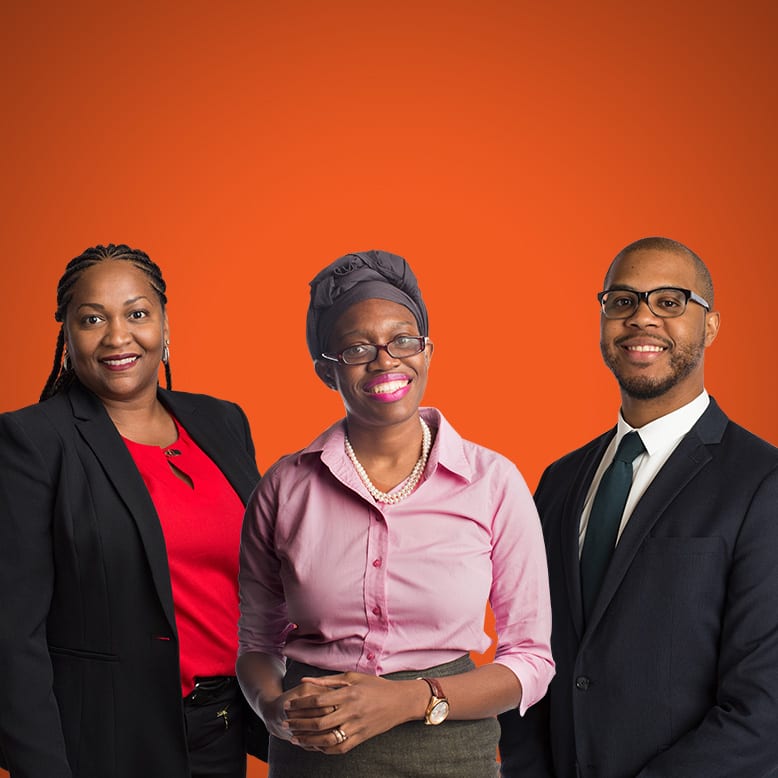In the early days of COVID-19, Adrian Neely tried to work on her dissertation from home. But her “Do Not Disturb Mommy—Submit a Sticky Note” table tent was short-lived. Recognizing how impossible the situation was, she asked her mother to look after the kids and worked in her university office each day. It was the only way she could make it to her defense.
Sam Baxter, who lives alone, faced the opposite challenge. He values keeping work separate from his living space and prefers working in libraries and coffee shops. Being forced to work from home made him feel isolated, slowing progress on his dissertation.
The pandemic has had a profound influence on the experiences of Health Policy Research Scholars who, like Neely and Baxter, brought their dissertations over the finish line in the past seven months.
Defending virtually
Being virtual, defenses have not looked anything like the in-person events scholars imagined.
“It felt qualitatively different because I wasn’t in the seminar room I envisioned,” Arrianna Planey recalled. At the time, she was in the midst of moving across the country. “I was on Zoom in my kitchen with two monitors on the countertop in a mostly empty house. My professional attire was nearly a thousand miles away in a box, so I defended in jeans and a nice black T-shirt.”
In the months leading up to Baxter’s defense, he found himself wrestling with fear and rage as he confronted not only COVID-19, but also the murders of Breonna Taylor, George Floyd, and others at the hands of police. On his final day as a PhD candidate—which he began by praying, meditating, and making a list of gratitudes—his focus was broken by the news of Jacob Blake’s life hanging in the balance after police shot him in Kenosha, Wisconsin.
On the day of his defense—using presentation mode on Zoom and lacking the usual nonverbal cues he would have gotten from his committee and attendees—Baxter found it difficult to gauge his delivery, so he had to trust his practice sessions.
Despite these unusual circumstances, however, going virtual has also offered unexpected gifts.
Baxter was glad that his external committee members were not disadvantaged in engaging with his defense.
Planey was happy to see familiar faces and names on the screen and grateful that the event could be conducted publicly and safely, even in the middle of the pandemic.
And Neely was grateful for a virtual defense as well. “It created a space for my family, near and far, to attend,” she said. “So many people are a part of the dissertation journey. It’s only fitting they have the opportunity to show their support and experience my growth as a scholar.”
Strength and inspiration
Many scholars completing their studies in these unprecedented times find themselves tapping into vital—and sometimes unexpected—sources of strength and inspiration.
As her defense approached, Neely felt sustained by inner spiritual strength. Sitting in the university parking garage, before going into her office for the big event, she read dozens of messages from family, friends, and fellow scholars, all sending inspirational words of support. She recalls being overcome by a feeling of calm, joy, and confidence. “Happiness replaced all the anxiety from grinding during COVID,” she recalled.
After logging onto Zoom for his defense, Baxter saw the number of attendees climb from 20 to 65 to 100, including many fellow Health Policy Research Scholars. “I was overcome with love, strength, and confidence from my community!”
Photo (left to right): Adrian Neely, Arrianna Planey, and Sam Baxter

